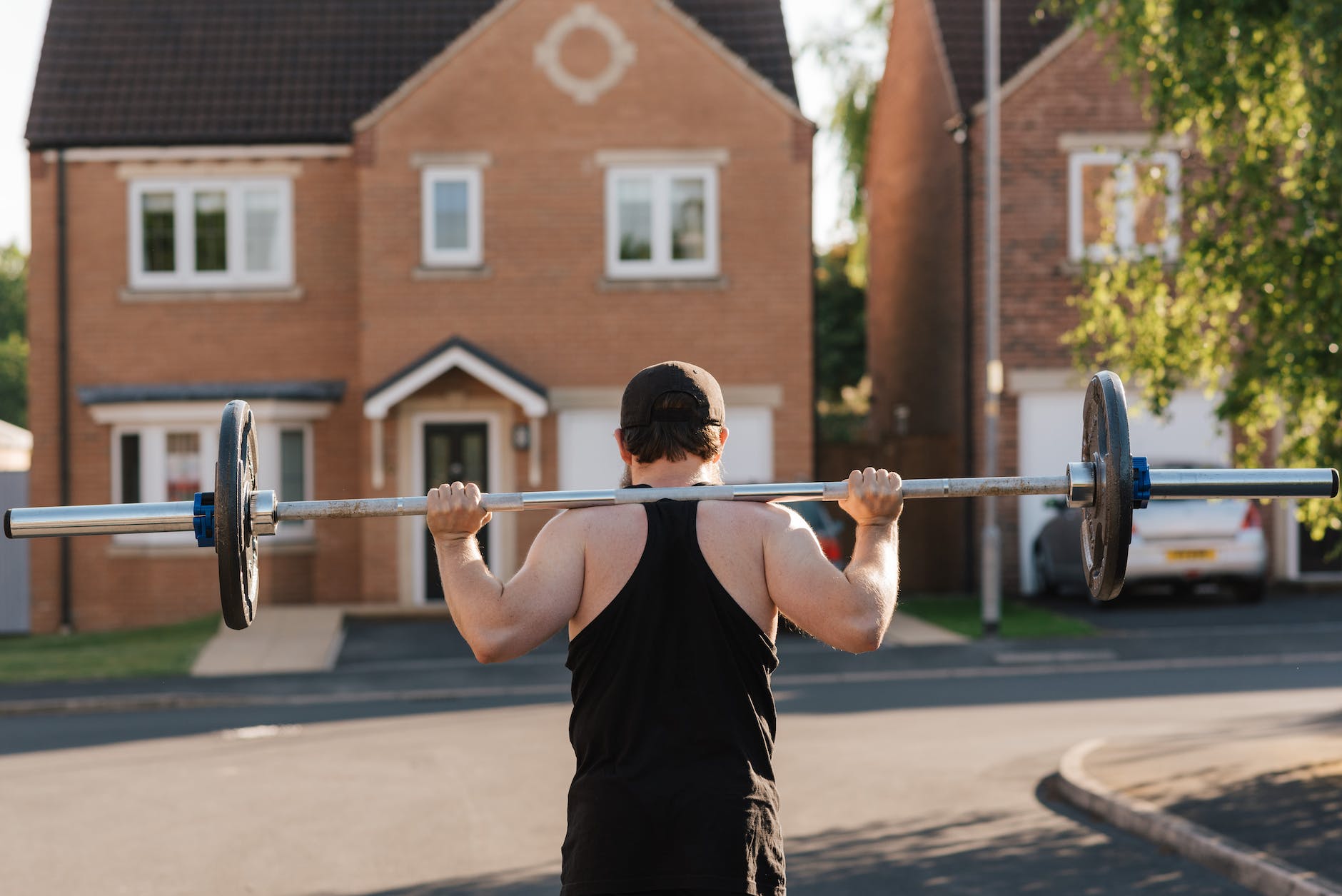
Adopting a well-rounded, healthy lifestyle is paramount to optimising your post-workout recovery. No miracle solution can compensate for inadequate nutrition or insufficient rest. Contrary to numerous fitness blog narratives, the most effective method to aid muscle recuperation stems from nourishing your body with wholesome foods and ensuring ample sleep. The allure of costly supplements often misleads individuals to believe these are essential for obtaining desired results from their workouts.
While certain supplements may offer benefits, they only truly complement individuals who have mastered the fundamental wellness practices. This article unfolds empirically-backed tips to boost your muscle recovery, fortifying the foundation of a more steadfast fitness regimen.
Foods
The role of nutrition in muscle recovery cannot be overstated, with both timing and composition of meals playing pivotal roles. Here are some key dietary strategies you should consider:
- Post-Workout Protein Intake: Exercise induces damage to your muscle proteins. To counteract this, a post-workout protein intake can provide your body with essential building blocks needed for muscle repair. Research advocates for a protein intake of about 0.4 to 0.5 g/kg (0.18 to 0.22g/lb) of body weight to optimise muscle growth.
- Pre-Workout Protein Consumption: Fuelling your body with protein prior to your workout may heighten muscle protein synthesis. Similar to post-workout guidelines, an optimal intake of 0.4 to 0.5 g/kg (0.18 to 0.22g/lb) of body weight has been suggested by research.
- Post-Workout Carbohydrates: Your muscles stockpile carbohydrates in the form of glycogen for energy. With intense, short-duration exercise, this glycogen becomes the primary energy source. To swiftly replenish glycogen levels in less than four hours, especially for back-to-back workouts, the International Society of Sports Nutrition recommends an intake of 1.2 g/kg of body weight per hour, preferably from carbohydrates with a high glycemic index (GI) over 70. White rice, potatoes, and sugar serve as suitable examples.
- Maintaining a Balanced Diet: Ensuring a balanced diet can help prevent nutrient deficiencies that may impede muscle recovery. Minimise the consumption of ultra-processed foods, incorporate plenty of fruits and vegetables into your meals, and aim for a daily protein intake of 1.4 to 1.8 grams per kilogram of body weight (0.6 to 0.8 g/lb).
Drinks
Staying hydrated is crucial for all individuals, but especially for bodybuilders. When exercising intensely, your body temperature rises, and you lose water through sweat. You must replenish this lost fluid to prevent dehydration, which can lead to fatigue and hinder muscle recovery. Here are some guidelines to keep in mind when it comes to drinks:
- Sufficient Hydration: To ensure optimal muscle recovery, adequate hydration is essential. Dehydration can hinder your body’s ability to repair muscle damage, and the risk increases notably when exercising in hot or humid conditions. Following the American College of Sports Medicine’s advice, for every pound of weight lost during exercise, aim to replenish your body with 16 to 24 ounces of fluids.
- The Potential of Tart Cherry Juice: Emerging research indicates that tart cherry juice may aid post-exercise recovery by reducing inflammation, muscle damage, and soreness. Although further studies are required to confirm these findings, the available body of knowledge shows promise. In most studies, participants reported positive results from a daily intake of 480 millilitres (approximately 1.6 ounces) of tart cherry juice.
Lifestyle Enhancements
Sleep Optimization
Sleep serves as a vital period for muscle recovery. Particularly for those who engage in intense workouts, the need for sleep surpasses the average person’s requirement. Some professional athletes reportedly clock in over 10 hours of slumber each night. Research has shown that sleep deprivation can negatively impact muscle recovery by disrupting the body’s inflammation response and the production of muscle growth-promoting hormones.
Therapeutic Massage
Many athletes integrate massage into their training regimen to alleviate muscle soreness. A massage provides a modest yet significant benefit in enhancing flexibility and decreasing delayed onset muscle soreness post-workout.
Compression Garments
The use of compression garments has gained popularity among athletes over the past few decades. While research on their effectiveness in accelerating recovery post-workout is limited, a small 2019 study discovered that they reduced recovery time in German handball players. The athletes in this study wore the garments for 24 hours, followed by alternating between 12-hour breaks and 12-hour periods of wearing them for a total of 96 hours.
Contrast Water Therapy
Contrast water therapy, which entails alternating periods of submersion in very warm and very cold water, can stimulate the contraction and dilation of your blood vessels and alter your heart rate. Research points out that this therapy may help alleviate post-workout muscle soreness, although the results are limited and may primarily benefit athletes.
Cryotherapy
Cryotherapy involves exposing the body to extremely cold temperatures for a few minutes. Studies indicate that it may expedite recovery by mitigating pain, inflammation, and muscle fatigue following strenuous activity. You can try cryotherapy at the TH7 Body Labs recovery centre for the best experience.
Conclusion
Good muscle recovery practices can significantly benefit bodybuilders and fitness enthusiasts. Adequate hydration, balanced nutrition, sufficient sleep, and incorporating certain lifestyle enhancements can boost your recovery process, minimise soreness and fatigue and result in more significant strength gains in the long run. Remember to always consult with a healthcare professional before adding any new supplements or making drastic changes to your diet and exercise routine.